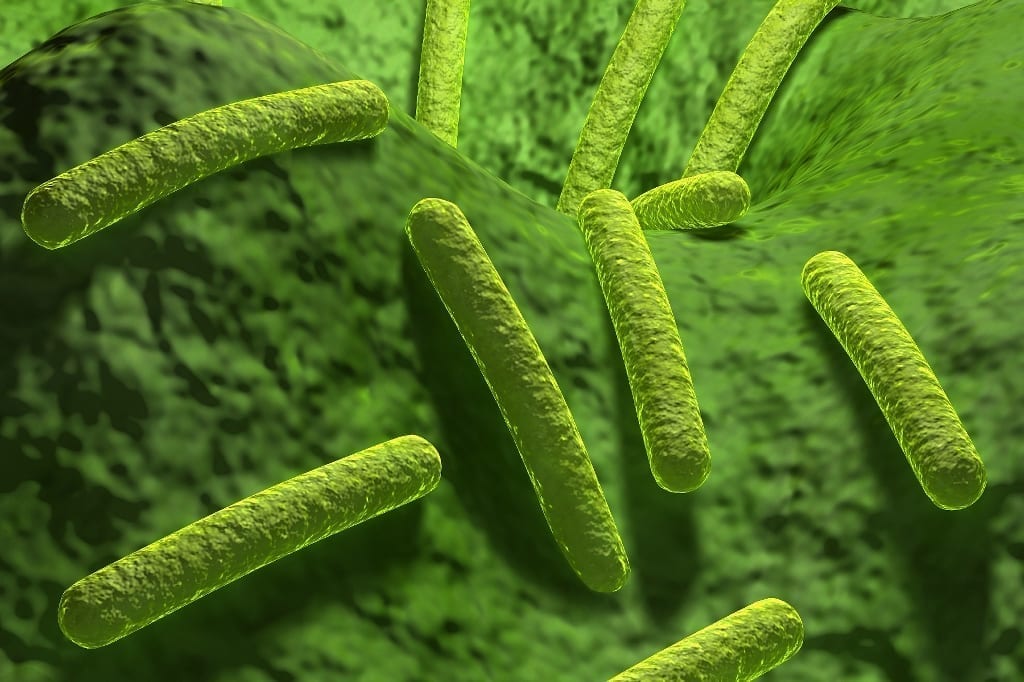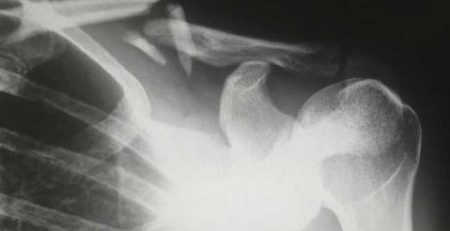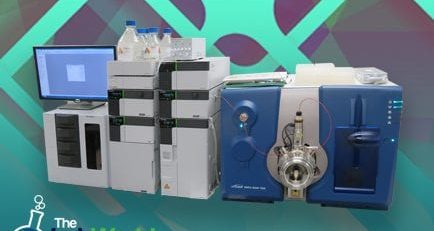Gut Bacteria Shown to Impact Cancer Treatment
Researchers from the University of Texas MD Anderson Cancer Center have determined that patients with malignant melanoma are more likely to respond to immunotherapy treatment if they have a greater diversity in their gut bacteria, according to new research presented at the National Cancer Research Institute Cancer conference in Liverpool.
After examining over 200 mouth and 100 gut microbiome samples from people with advanced melanoma, they discovered that people whose cancer responsed to immunotherapy treatment had more diversity in the types of bacteria found in their gut. “They also found significant differences in the type of bacteria found in the gut of people whose cancer responded versus those who didn’t,” according to Cancer Research UK.
“Our research shows a really interesting link that may mean the immune system is aided by gut bacteria when responding to these drugs. Not all patients respond to immunotherapy drugs and it’s hard to know who will benefit from the treatment prior to it being given,” Dr. Jennifer Wargo, lead researcher at the University of Texas, said. “The gut microbiome can be changed through a number of different strategies, so there is real potential here to modify the guy microbiome to boost an immunotherapy response.”
By altering the diversity of bacteria in a patient it may in turn change how they respond to certain cancer treatments, IFLScience.com reported. This could be achieved by either supressing some types of gut bacteria with antibiotics, boosting others with probiotics, or giving people fecal transplants.
This research adds to a body of work that “is slowly uncovering the role that the trillions of bacteria living both on and withing us have in influencing how our bodies respond to infection” (IFLScience.com).














